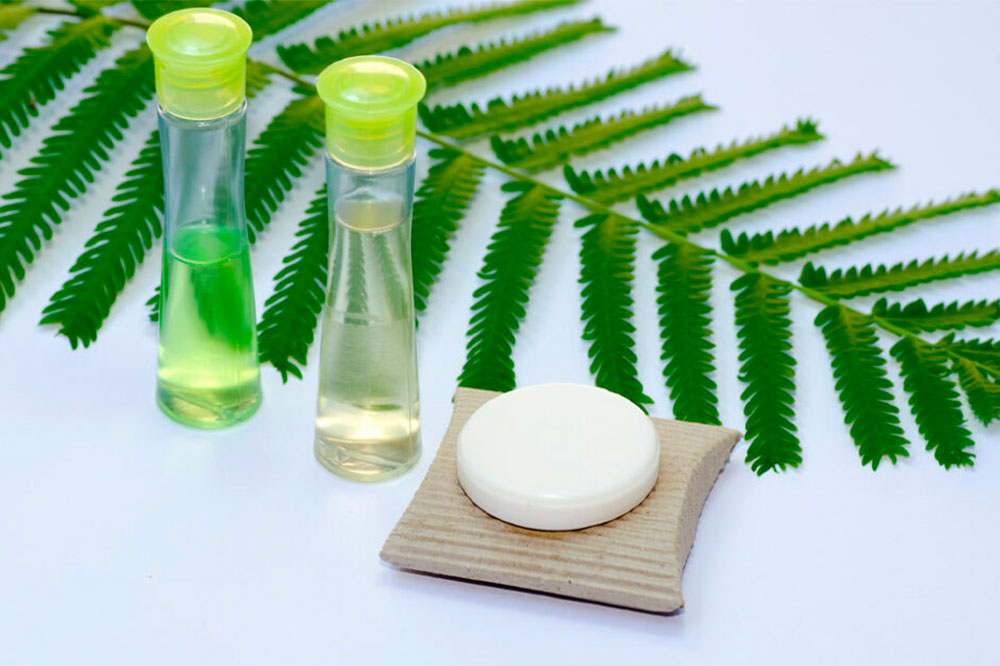3 kinds of soaps that can cause eczema flare-ups

Eczema, also known as atopic dermatitis, is a chronic health condition that leads to thick, scaly, red patches on the skin. It mainly affects the ankles, hands, or feet, and patients experience severe itchiness in these regions. Although eczema is more common in children, people of any age can get it. Doctors recommend several treatments and home remedies to manage the condition. Here are three kinds of soaps that can aggravate eczema:
Soaps with MCI or MI
MCI (methylchloroisothiazolinone) and MI (methylisothiazolinone) are chemicals found in many liquid soaps and personal care products to preserve them and prevent bacteria formation. While these may be safe for others, they can harm eczema patients. It has been found that MCI and MI can trigger this health condition’s symptoms and cause several allergic reactions. These chemicals can also lead to neurotoxicity or, more simply, damage the nervous system.
Soaps with cocamidopropyl betaine
This compound is derived from coconuts and is a common allergen. Studies have found that direct contact with this chemical can lead to skin issues in those with eczema, such as itchiness, rashes, and redness. Therefore, people dealing with eczema and other skin disorders should avoid products containing this. The compound is usually found in detergents, cosmetic products, and skin cleansers.
Antibacterial soaps
These kinds of soaps are generally recommended to people who are about to undergo an invasive procedure or surgery. The antibacterial properties help lower the risk of infection. However, those dealing with eczema are advised to avoid antibacterial soaps since they can be very harsh on the skin. They can remove useful bacteria from the skin, too, while removing the harmful bacteria. This can lead to a flare-up and also trigger other long-term skin problems.
Besides avoiding the soaps mentioned above, those dealing with eczema can consider these treatment options and remedies to manage the condition better:
Use moisturizers
Dry skin is a common sign of eczema in both adults and children. A recommended way to avoid dry skin is to apply moisturizers several times a day. Moisturization is one of the most effective eczema treatments for adolescents. Children should also wear clothes made of pure cotton since cotton is soft and good for sensitive skin.
Try creams and ointments to control itching
A few ointments and creams on the market help control the urge to itch. Most of them also help repair the skin. But to get the safest products, one should ask a doctor for a recommendation.



